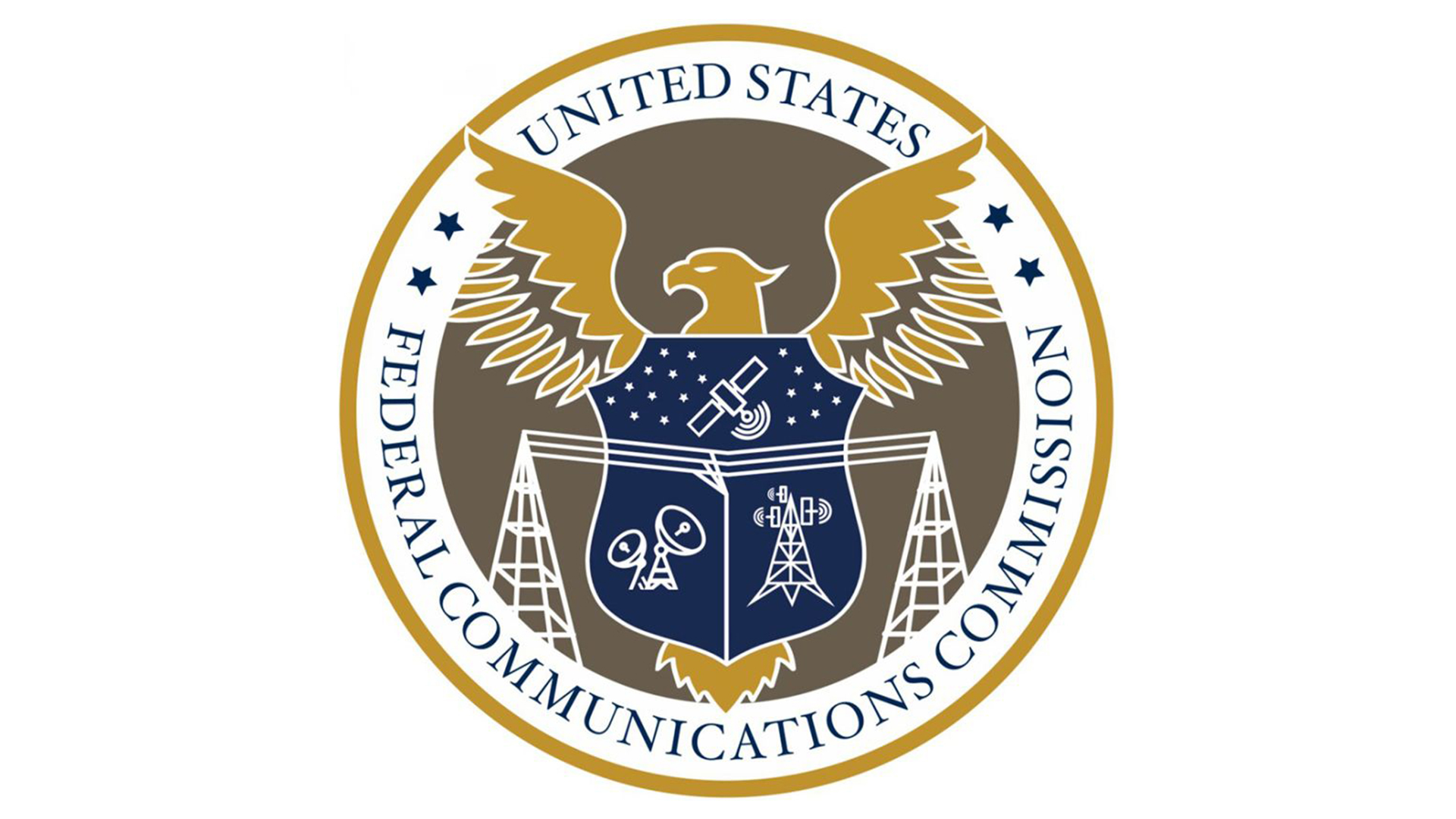FCC Ups Suspect Tech Rip-and-Replace Funding Cap
Will now be eligible to provider with up to 10 million customers

The smarter way to stay on top of broadcasting and cable industry. Sign up below
You are now subscribed
Your newsletter sign-up was successful
The FCC has voted on an order to extend its reimbursement program for ripping and replacing suspect tech to larger players, aligning its ongoing efforts with Congress' legislative directives.
The proposed cap on reimbursing providers of advanced telecom services for the reasonable costs for removing, replacing and disposing of equipment that poses an unacceptable national security risk was providers with up to two million customers. Now, the cap will be 10 million.
The money comes from the $1.895 billion Congress appropriated in the Secure and Trusted Communications Networks Reimbursement Program.
Also Read: FCC Labels Five Chinese Companies Security Risks
The order also extends rip and replace to all equipment and services made by Huawei and ZTE, both already designated national security threats subject to the program.
As directed by Congress, "[t]he FCC will soon undertake what is perhaps the most significant federally funded effort to rebuild and secure commercial communications networks nationwide," said acting chair Jessica Rosenworcel. "This means we will evaluate network after network, base station after base station, and router after router until we have rooted out equipment that could undermine our national security."
Also Read: FCC Seeks Input on Rip-and-Replace Cost Catalog
The item, which was voted at the FCC's July 13 open meeting, also clarified some program requirements and creates a process for prioritizing funds if the need exceeds Congress' $1,895, as some believe it could.
The smarter way to stay on top of broadcasting and cable industry. Sign up below
Contributing editor John Eggerton has been an editor and/or writer on media regulation, legislation and policy for over four decades, including covering the FCC, FTC, Congress, the major media trade associations, and the federal courts. In addition to Multichannel News and Broadcasting + Cable, his work has appeared in Radio World, TV Technology, TV Fax, This Week in Consumer Electronics, Variety and the Encyclopedia Britannica.

